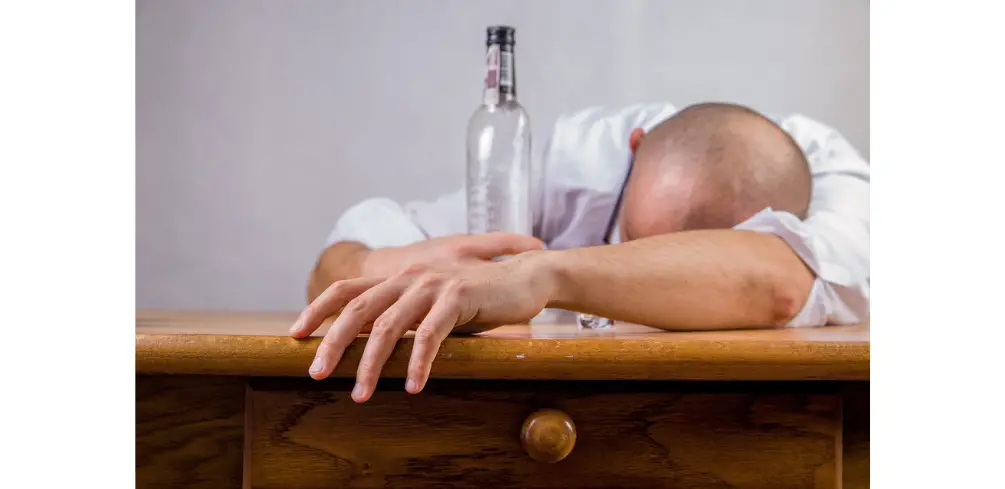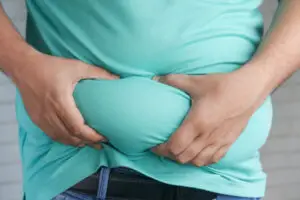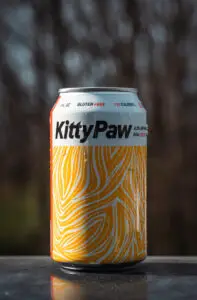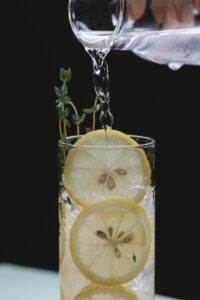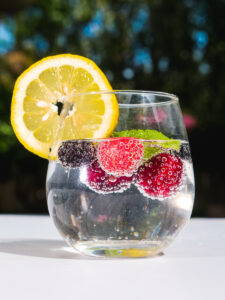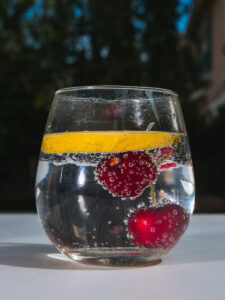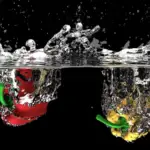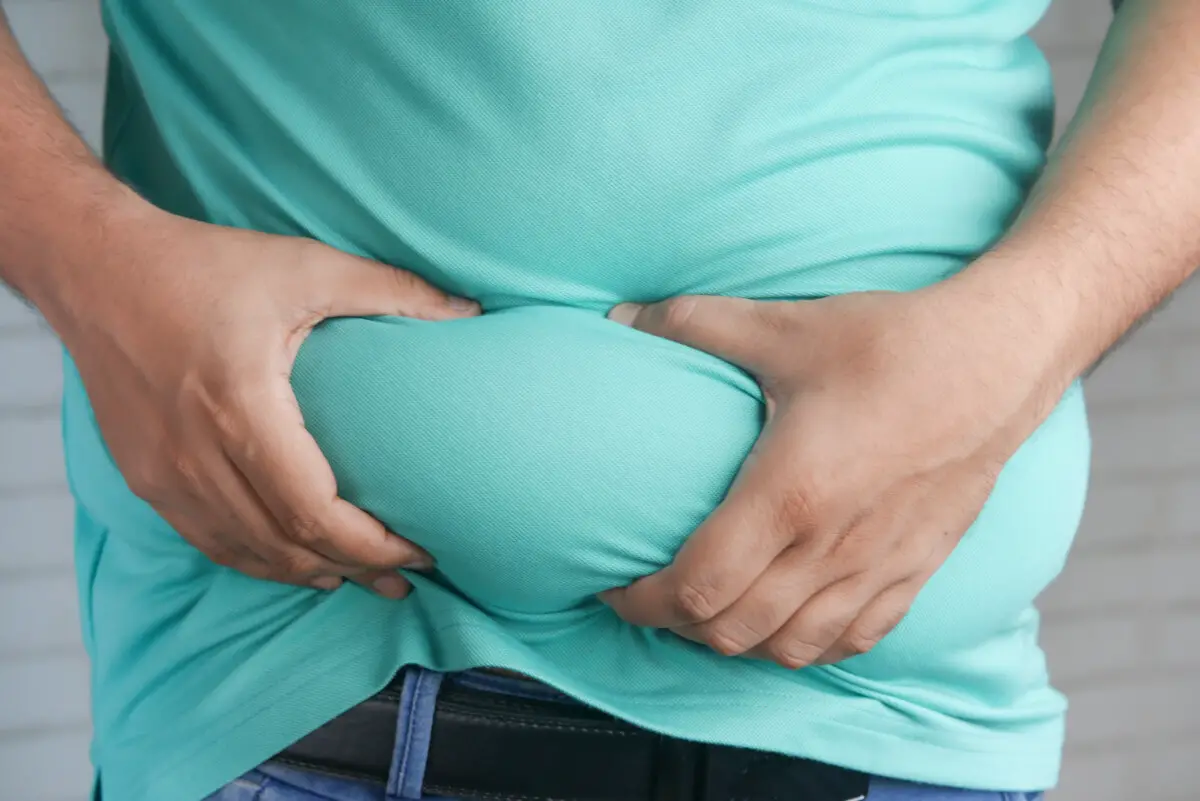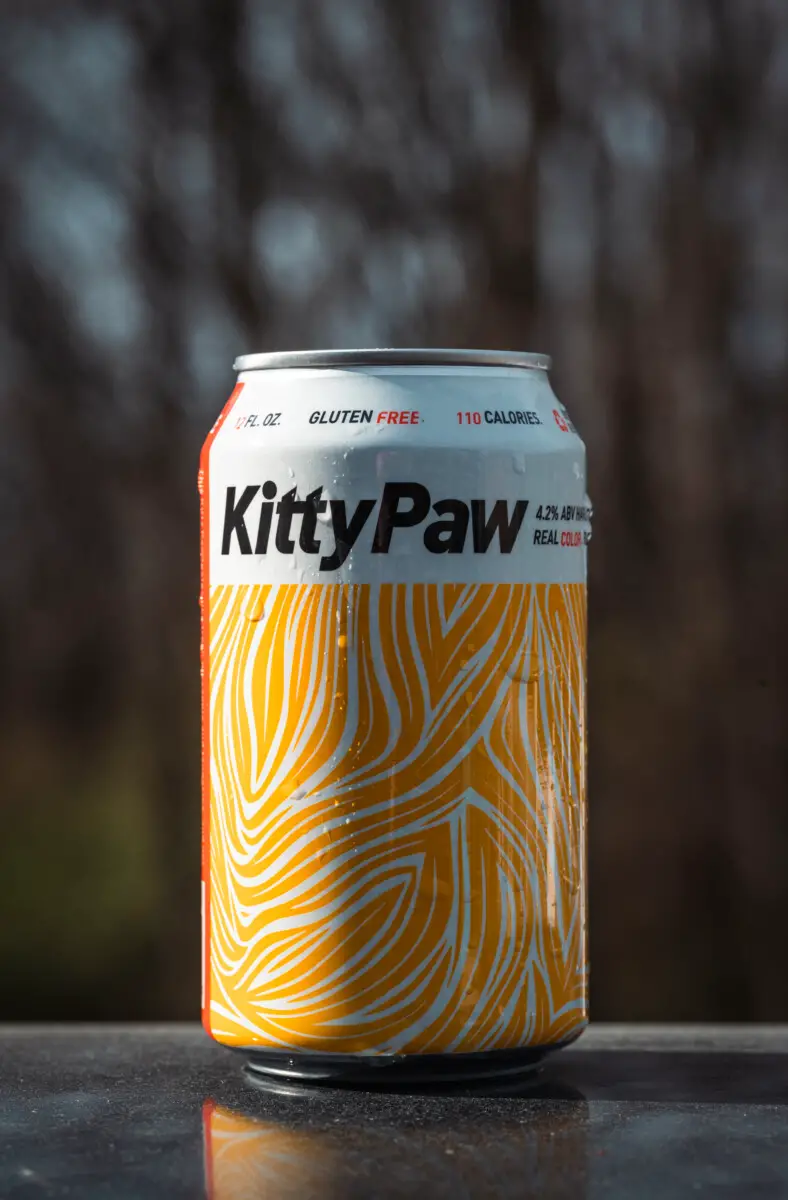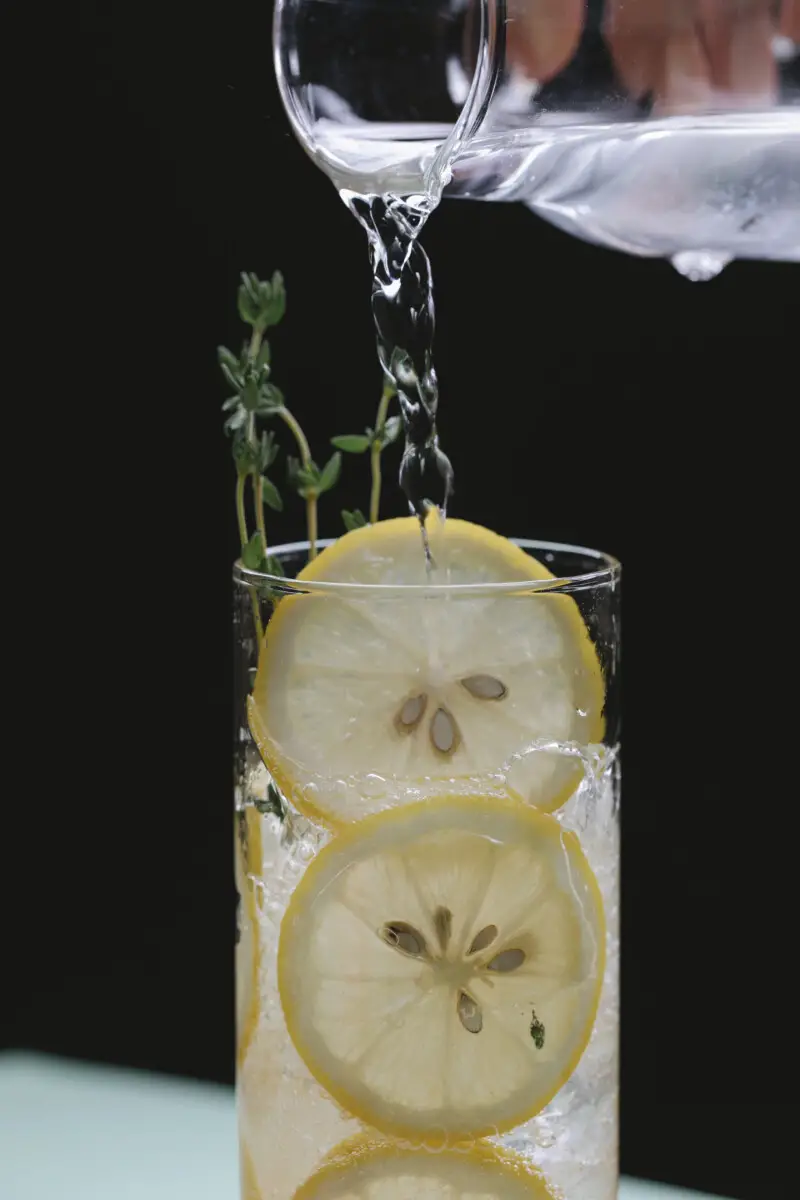Amazon Affiliate Disclaimer
As an affiliate, we earn from qualifying purchases. We get commissions for purchases made through links in this post.
Why Do Recovering Alcoholics Drink Sparkling Water?
It’s common for people in recovery from alcoholism to drink sparkling water. There are a few reasons for this, including the fact that it can help to quench cravings and because it’s a low-calorie alternative to alcoholic drinks.
In this blog post, we’ll explore the reasons why recovering alcoholics might choose to drink sparkling water.
Sparkling Water Gives You A Buzz—Kind Of…
There’s no denying that people gravitate toward carbonation, and although scientists aren’t entirely sure why, they believe it’s because it provides a little pleasure, similar to why many people like spicy food.
Sparkling water is a popular choice among those trying to cut back on sugar or alcohol, and there’s a good reason for that: It actually helps. It’s difficult to resist the sparkling sensory experience created when the bubbles from your sparkling water pop on your tongue all the way down into your throat.
Additionally, if you consume alcohol or soda, you have been conditioned to believe that these substances are unhealthy. Therefore, even if you only drink carbonated water, you still experience a dopamine high when you consume something comparable that your brain perceives as unhealthy. The bubbles feel pleasant as they deflate, and it creates a feedback loop.
There is virtually nothing you can do to change the fact that addicts will always be addicted in the real world. They want their brains to release dopamine, and when you stop getting it from substances like sugar, narcotics, or alcohol, you naturally go for something else to fill the hole.
To pursue that dopamine high, many recovering alcoholics turn into fitness freaks after quitting an addiction.
Sparkling Water Helps Curb Sugar Cravings
For recovering alcoholics craving that sugar rush, many turn to sparkling water and use it as a substitute to curb those cravings—and it’s proven, time and again, to be pretty effective.
Due to the brain’s association of the bubbles with the soda’s carbonation, sparkling water is especially effective at reducing cravings for soda.
Although sparkling water hasn’t been shown to cause the same dopamine release, there is a correlation between the two that may cause dopamine releases.
Sparkling water also helps with food cravings since the stomach-filling bubbles may make you feel as though you are already full.
It’s not like a person who is dependent on alcohol could entirely replace their dependence with sparkling water.
Seltzer may help reduce the sugar needed and make you feel full, which means that it can indirectly aid in the reduction of alcohol use. Sugar is what individuals typically resort to when quitting alcohol.
If one’s preferred beverage during their addiction was more similar to sparkling water, such as a Jack and Club or a Gin and Tonic, it might be even more beneficial.
In those circumstances, your brain makes a similar link, just as it would with soda.
Sparkling Water Is Inherently Satisfying
Additionally, there is something inherently gratifying about sparkling water, which may in part be attributed to a condition known as benign masochism.
This is something that at first glance could seem a little uncomfortable or dangerous, but that humans know is safe and hence crave.
The same reason that people enjoy scary films, and roller coasters, and are the only animals on the planet who enjoy hot, spicy peppers.
Human beings — and only human beings — may prefer cold, bubbly drinks because this feeling of danger or pain raises your pulse rate and produces a little excitation.
It’s not surprising that drinking sparkling water, which we find more thrilling than regular water, comes with a tiny amount of pain or discomfort.
These beverages dissolve carbon dioxide, which subsequently diffuses into the tissues of the mouth, particularly the tongue.
Furthermore, when drinking sparkling water, a reaction in the brain happens for reasons other than only oral stimulation.
In fact, research has shown that cold, bubbly drinks like sparkling water operate as a kind of energy-charged cure for a dry mouth.
You might also state that sparkling water is more effective at quenching your thirst than cold water. The physiological effects of carbonation on satisfying thirst are important.
The carbon dioxide is then catalyzed by the tissue’s enzymes into carbonic acid, and it is this acid that triggers the brain’s pain receptors.
When the sparkling water is cold, this is improved even more because the chilly temperature increases the bite of the sparkling water.
Basically, when you drink something, your mouth identifies the liquid, and the colder the beverage, the stronger the signal to quench your thirst.
Our brains then convey to our bodies that we are adequately hydrated. And when your water has a little fizz, this is especially true. The sensation of cold is enhanced by carbonation.
Drinking Any Kind Of Water Generally Feels Good
In an ideal world, everyone would drink eight glasses of water each day. If you have trouble downing 64 ounces of plain water, carbonated water is a great alternative.
Sparkling water is beneficial if it encourages people to drink more water and stay hydrated.
Furthermore, hydration itself is addictive; it comes as no surprise that once you experience the added energy and healthy-looking skin that water can provide, you’ll want to drink as much of it as you can.
Of course, there are always negative aspects to anything in the world. The worst-case scenario when it comes to carbonated water is that it may produce bloating issues for some—particularly people with IBS—because of the acidity in sparkling water, which has been claimed to be terrible for your teeth.
However, sparkling water is still the better choice when choosing a carbonated beverage as opposed to club soda which is high in sodium, and tonic water which is high in sugar.
So feel free to indulge in your sparkling water if you are not experiencing any stomach or bloating difficulties.
Conclusion
There are a few schools of thought on this topic. One is that alcoholics crave the fizziness of sparkling water, which is similar to champagne or beer.
Others believe that sparkling water is a way to stay hydrated and sober at the same time. Whatever the reason, it’s clear that sparkling water is becoming a popular choice for recovering alcoholics.
Read also:
- Embracing the Essence: Discovering Natural Mineral Water Sources

- Nourishing the Soul: Mineral Water for Enhanced Digestive Wellness

- Sparkling Mineral Water: Effervescence for the Soul
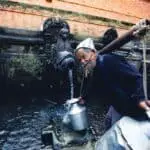
- Revitalize Your Day: 7 Tips for a Refreshing Hydration Experience with Mineral Water

- Mineral Water Benefits: Exploring the Health Benefits of Drinking Mineral Water
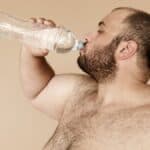
- How to Choose the Healthy Drinks with Mineral Water: Refreshing and Nourishing Options

Please be careful and use at your own risk
None of the authors, contributors, administrators, or anyone else connected with Water Exotic, in any way whatsoever, can be responsible for your use of the information contained in or linked from these web pages.

